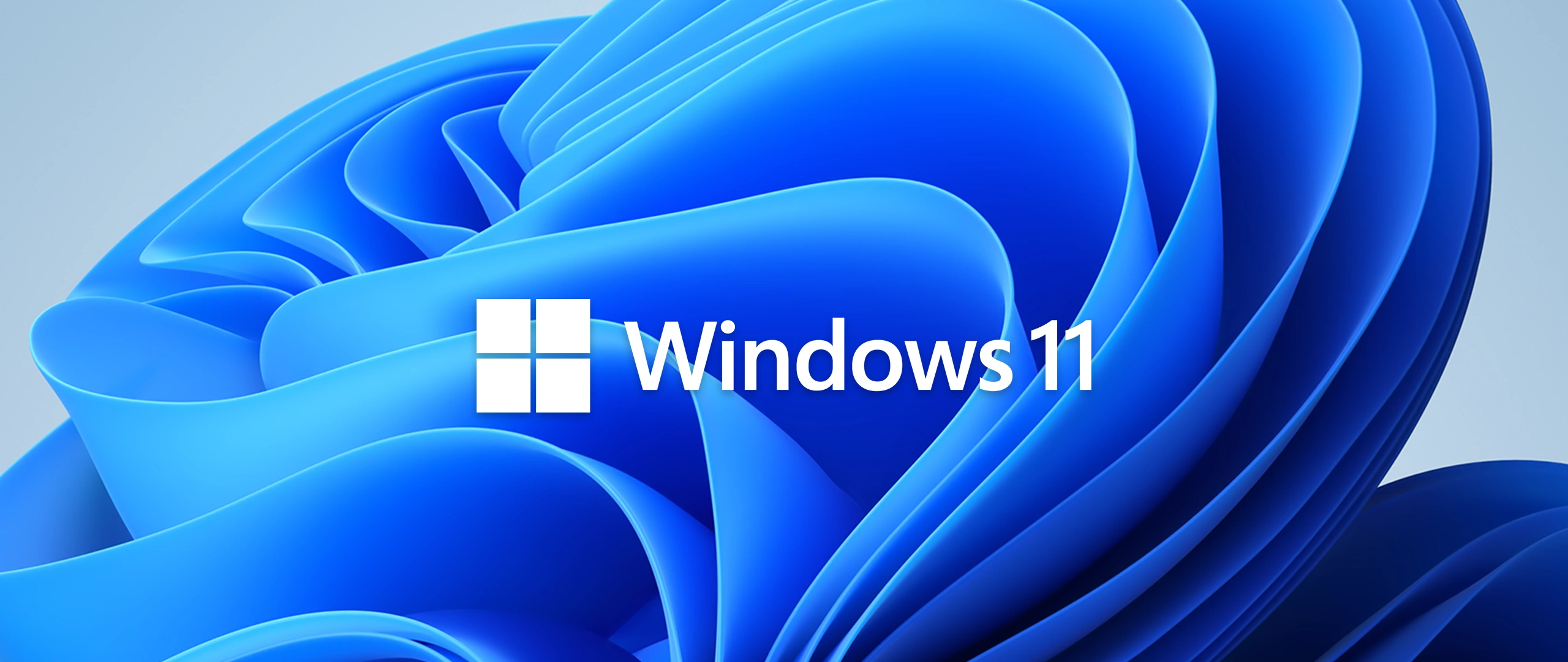Windows 11 is the latest operating system from Microsoft, and it offers a range of new features and improvements over previous versions. If you are considering upgrading to Windows 11, here are some key things you should know:
- Windows 11 is compatible with a wide range of devices, including PCs, laptops, and tablets. If you have a device that is running an older version of Windows, it is likely that it will be compatible with Windows 11. However, it is always best to check with the manufacturer to ensure that your specific device is supported.
- Windows 11 includes a range of new features and improvements, including a new start menu, a taskbar with improved search functionality, and a new action center that provides notifications and quick access to settings. It also includes virtual desktops, which allow you to organize your work and keep your desktop clutter-free.
- Windows 11 also introduces a new web browser called Microsoft Edge, which is designed to be faster and more secure than its predecessor, Internet Explorer. Edge includes features such as a reading mode, annotation tools, and the ability to save web pages for offline reading.
- When upgrading to Windows 11, it is important to consider the impact on your existing programs and files. While Windows 11 is designed to be compatible with most programs and files, there is always a risk that some programs may not work correctly after the upgrade. It is always a good idea to make a backup of your files before upgrading to ensure that you have a copy in case anything goes wrong.
- One of the benefits of upgrading to Windows 11 is that it will receive regular updates and security patches to ensure that your device is always running the latest and most secure version of the operating system. This helps to protect you from security threats and ensures that your device is running as efficiently as possible.
In addition to these general considerations, there are a few specific things you should do before upgrading to Windows 11:
- Check your hardware: Before upgrading to Windows 11, you should ensure that your device meets the minimum hardware requirements. These requirements may vary depending on which version of Windows 11 you are installing, but they generally include a processor, memory, and storage space.
- Check your software: In addition to checking your hardware, you should also check that your existing programs and drivers are compatible with Windows 11. Some older programs may not work correctly after the upgrade, so it is a good idea to check with the software manufacturer or visit Microsoft’s website to see if there are any known issues or updates available.
- Create a backup: As mentioned earlier, it is always a good idea to create a backup of your files before upgrading to Windows 11. This will ensure that you have a copy of your important data in case anything goes wrong during the upgrade process. There are many ways to create a backup, including using an external hard drive or cloud storage service.
- Get the latest updates: Before upgrading to Windows 11, you should ensure that you have the latest updates for your current operating system. These updates may include important security patches and performance improvements that will help ensure a smooth transition to Windows 11.
Upgrading to Windows 11 is a good choice if you want to take advantage of the latest features and improvements offered by the operating system. While there is always a risk that some programs or files may not work correctly after the upgrade, the benefits of improved security and performance make it worth considering. As with any major software upgrade, it is important to make a backup of your files, check your hardware and software compatibility, and get the latest updates before upgrading to ensure a smooth transition to Windows 11.















